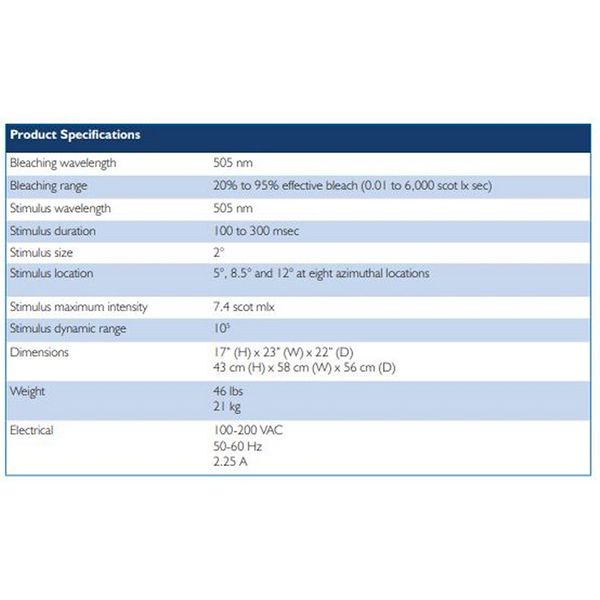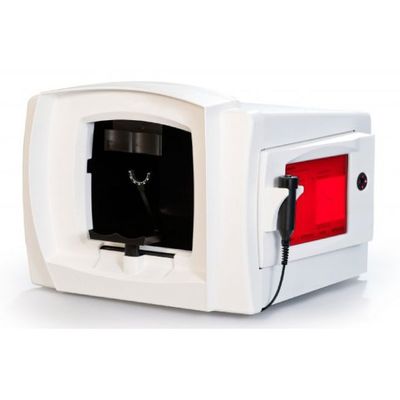

Our story began in 1995, when Dr. Gregory R. Jackson – principal inventor of the original AdaptDx – was a graduate student at the University of Alabama at Birmingham. As part of his dissertation, he was assigned to study the impact of aging on night vision.
Back then, devices for measuring dark adaptation required lengthy pre-adaptation and testing times, while delivering sub-optimal sensitivity and specificity. Aiming to develop a more practical dark adaptometer, Dr. Jackson and his colleagues modified a visual field device so that it could operate in a dark room to measure absolute threshold (the least amount of light that can be detected). This, what later became known as the AdaptDx, was the device used in the landmark Alabama Study on Early Age-Related Macular Degeneration (ALSTAR) – the study that demonstrated dark adaptation impairment indicates subclinical AMD at least three years before it is clinically evident.D
AdaptDx Training and Support
Today, the original AdaptDx continues to be used by hundreds of eye care professionals, schools of optometry, and leading researchers across the globe.

Albeit its obvious clinical value, adoption of the AdaptDx met some challenges. Driven by our conviction that functional testing is a critical part of a retinal evaluation and to make dark adaptation testing even more accessible for all eye care professionals and their patients, an idea was born.
A feat nothing short of amazing, 172 custom parts were designed to turn the original AdaptDx tabletop device into a head-mounted instrument with built-in artificial intelligence. This new portable product, the AdaptDx Pro®, incorporates advanced precision technology to accurately and efficiently measure dark adaptation speed while providing a more comfortable experience for patients. It eliminates the need for a dedicated dark room – making it easier to integrate into a clinical workflow – and features an on-board technician named Theia, to gently guide patients through the test and deliver a uniform experience.
AdaptDx technology leads the charge in innovation with the introduction of multilingual Theia in 2021. This AdaptDx Pro update adds linguistic diversity within eye care practices to provide a more patient-centric experience.

